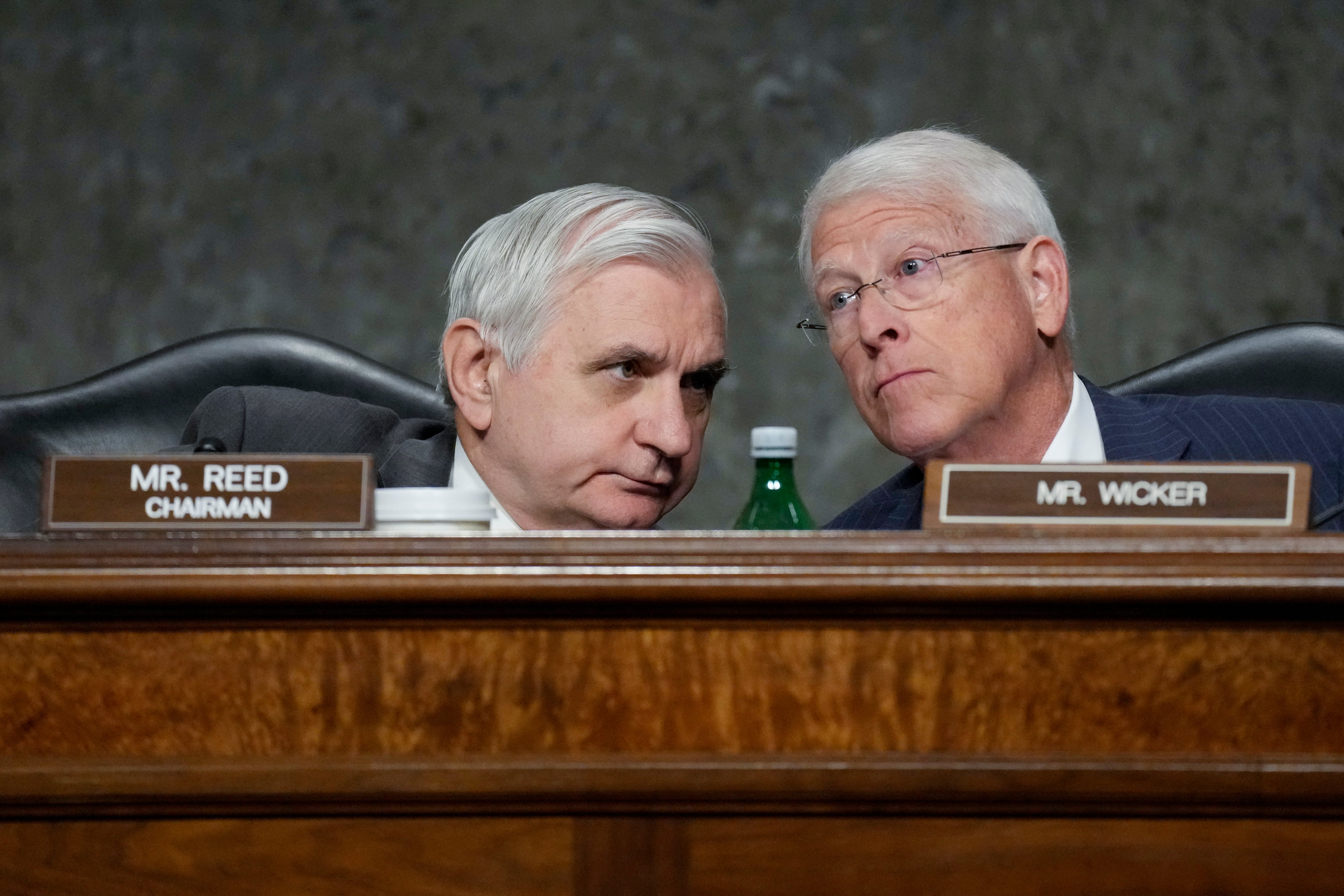Doc Shauna Springer here. For more than a decade, I've worked with hundreds of warriors, during countless dark nights of the soul. What I’ve learned from walking with you, in these valleys, has immediate relevance to the trauma we’re all currently experiencing amid the COVID-19 pandemic.
On this journey, I’ve learned that exposure to trauma doesn’t necessarily lead to PTSD — but an overwhelming feeling of helplessness often leads to trauma symptoms.
So, if the current threat of COVID-19 reawakens feelings of helplessness, we may be at risk.
Or, if we suddenly lose our identity, because we have suddenly lost the roles and relationships that give our lives meaning, in a way that is similar to military transition trauma, we may be at greater risk.
Or if this time of trial echoes other traumas in our past — whether during military service, or well before — we may be especially vulnerable.
And how could it be otherwise for some of you?
• We are once again facing an invisible enemy that is hard to contain.
• We must be ever vigilant to this unseen threat.
• Some of us are losing family and friends, to the virus, and to the ongoing tragedy of suicide.
• Our grief is often cut off as it is in losing a brother or sister in arms on the battlefield.
There are many reasons why this trauma can re-awaken previous traumas. If you are feeling re-traumatized, there is a logical reason and you are not alone.
You have also taught me this:
None of us are immune to risk. If any of us think that suicide is not a risk for us, we should think again. Even the strongest of us sometimes die by suicide. Suicidal thoughts and urges can build to a head quickly in the midst of a perfect storm of stress. This is a perfect storm for some of us.
Given this, what are some risk signs to look out for — not the usual ones that you’ve been told over and over in standard trainings you may have received — but rather signs that are relevant right now during this time of crisis?
Here are 5 warnings signs to look out for:
1. If you are spending your days in a foxhole, waiting for bad news, flooded by surges of helpless rage.
2. If you can’t taste your food or feel joy when listening to your favorite musicians.
3. If you lose the taste for connection with others — and stop reaching out to them.
4. If you are spending the majority of your time trying to escape your mental state — rather than doing things that you value or want to do with your life.
5. If you start to believe the whispers of your demons — and you start to script out a story in your head of how others won’t miss you or that you are a burden or a liability to those you love. This is the fundamental lie that drives suicidal behavior.
What can we do to cope during this time of trial?
First, forget individual resilience — we’re not designed to function as an Army of one.
Over the years, in our private conversations, many of you have shared that the concept of “resilience” is actually a real put-off. I was curious about this, so I explored it with you. In analyzing what I was hearing, I realized that the root of the problem is this: The word “resilient” brings to mind two states of being that are not desirable — either shame or pride. By definition, someone is resilient…until they are not.
In the fluid chaos of this crisis, we will all struggle at times. From walking with warriors, I’ve learned that during times of personal struggle, the memory of being called out as “resilient” can push a person away from the support of others, into a kind of solitary mental exile. So, we need to be thoughtful about projecting resilience as a goal. I would suggest that instead of relying on your own individual resilience, you turn to the tribe of those you love and trust — and draw from their strength to face these unprecedented challenges.
Even “heroes” need their tribe
I’ve also learned that many of you privately dislike the idea of being called a “hero.” In addition, an unexamined consequence of being painted as a “hero,” for some of you, is that you are more reluctant to acknowledge your human struggles, and seek help when you need it. When you become caregivers and public examples of strength, there is often an invisible pressure placed on your shoulders, as you hold the hope of others.
I’ve had the honor of walking with the strongest and bravest in our society — and it’s clear to me that those who others call “heroes” still need their tribe. To stay in touch with yours, send a text to the five people you are closest to, and ask them to check in with you at least three times a week with a supportive message. And put a reminder in your phone to do the same in return. When we connect, we survive.
Stay closely connected with your “fire team”
In the Marine Corps, a “fire team” is a group of four marines who train together, coordinating their actions to take out a common enemy. In special forces units, operators understand that to be seamlessly interdependent is to reach the summit of our human potential. This is not a sign of weakness. The lifeblood of those who do battle together is love and trust between those who would lay their lives down for each other. Those you love and trust are your “fire team.”
Connection with them is the protective factor that can fend off despair and disconnection, even in the most extreme situations. This bond of trust is stronger than despair. For this reason, it is critical that you stay close to your tribe.
Taking action on our deepest values clears the fog of war
In this next chapter of my career, I’ll be working with a new initiative to advance trauma care as the chief psychologist for Stella Center. There are treatments being deployed right now that have been life changing — sometimes life-saving — for many of the warriors in my network. My way of having your back is to support these innovative approaches. This week, I’ll be launching a video for health care workers who are the tip of the spear in this battle we’re facing. You can access this video or learn more by visiting StellaCenter.com
I’m also about to publish the most important book I’ve ever written. It’s called “WARRIOR: How to Support Those Who Protect Us.” In “Warrior,” I wrote up everything I wish I had known when I started walking with warriors — so many lessons I’ve learned from you over the years — about how to understand your struggles and walk you into the light of hope. This book is a way to share your wisdom to help all of us understand true courage and the bonds of love that keep us in the fight. People across America are beginning to experience the same kind of crisis stress and trauma that is familiar to many of you. I didn’t plan the timing of this, but the time is ripe to close the cultural gap between the military and civilian communities.
I wrote “Warrior" for the doctors who support you in mental health care settings, for those who love you in your homefront tribe, for the civilian Americans who want to support but don’t know how, and for all of you, to give you the benefit of the collective insights shared with me by so many of your fellow warriors over the past decade.
As a warrior in my network recently said, expressing gratitude in the most appropriate way means taking action. So, my thoughts are with you, but I'm also taking action, because a wise society supports those who protect us.
Doc Springer
Dr. Shauna Springer is the chief psychologist for Stella Center and a leading national expert on trauma, close relationships, suicide prevention, and initiatives that impact the military and veteran community. Her next book, “WARRIOR: How to Support Those Who Protect Us,” is now available on Amazon. She also co-hosts a weekly podcast for Military Times on military and veteran suicide, called “Seeking the Military Suicide Solution.”









